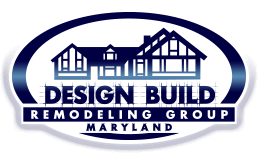It was reported by the National Council on Aging that 1 in 4 Americans over the age of 65 fall each year. For seniors, this fall can be devastating, resulting in brain injuries or broken bones. Chronic pain and inflexibility often affect people as they age. That is why trouble moving up and down the stairs occurs. Luckily, this is not something that older adults or people with limited mobility have to deal with especially in their own homes. There are many ways to make the stairs safer for them. Here are four tips to help you.

Get a Stairlift
Getting a stairlift is the safest method for seniors to get up and down the stairs. Electric stairlifts can carry you or your family across the stairs without the hassle since they are extremely easy to use. There are also some models on the market that can fit not only linear stairways, but also curved or spiral staircases. There are also outdoor units that can help you enjoy your garden landscape view.
Add Railings
Railings are considered by the CDC as an important safety feature for homes where seniors reside. Veteran home remodeling contractors add railings that are easy to grip on both sides of the stairs to help people with limited mobility. They also make sure that these railings are carefully mounted and not wiggling.
Remove Carpet Runners and Add Non-Slip Strips
Remove any carpet runner in the stairway for a safer surface. Although these carpets add charm to your interior design, they increase the chances of tripping. For bare hardwood floors, add non-slip strips to help prevent slips and falls.
Include a Resting Spot
If you have a larger home with a wide staircase, consider adding a comfortable bench on a curve or a landing. According to new addition contractors, this small detail can give seniors a helpful break on the way up or down the stairs.
Planning to give your home an upgrade? Design Build Remodeling Group of Maryland is here to assist you. We provide a wide range of professional interior services such as bathroom, basement, and whole-house renovations in and around Bethesda, MD. Call us at (443) 300-2268 or fill out our contact form to start a conversation with one of our specialists.





